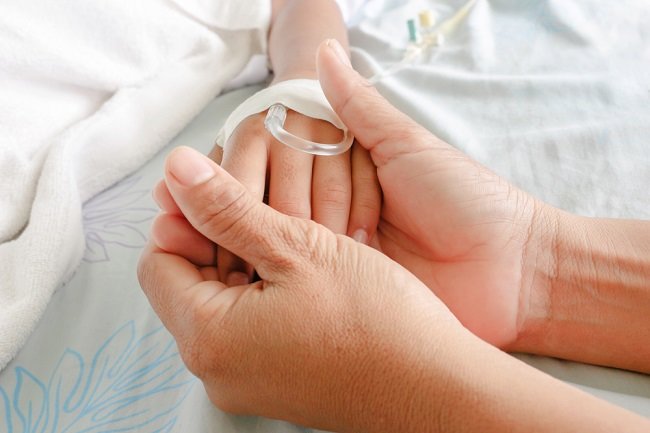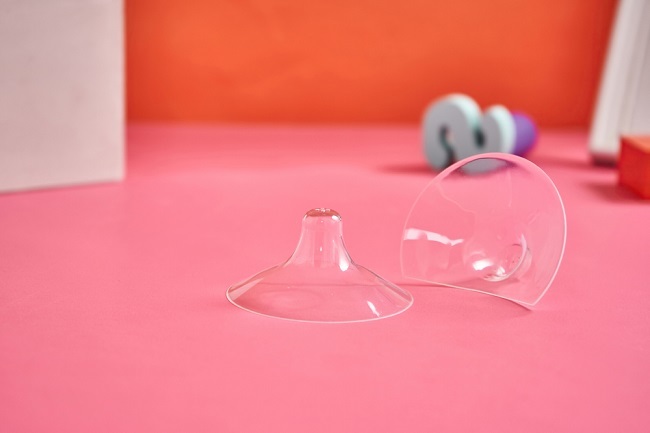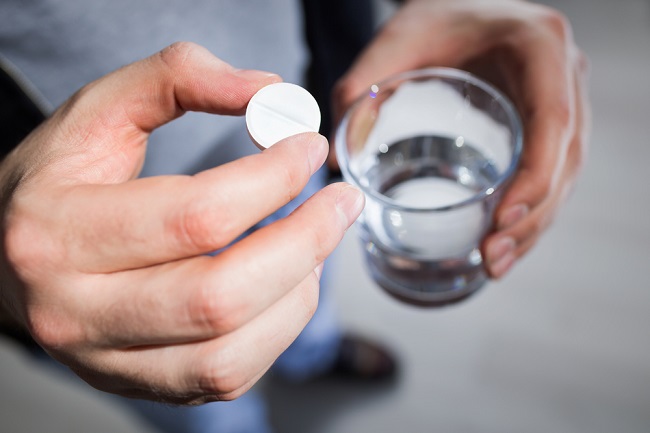Etoposide or VP-16 is a drug used to treat lung cancer small cell lung cancer (SCLC). In addition, this drug can also be used to treat testicular cancer.
Etoposide works by inhibiting the DNA replication of cancer cells, thereby slowing or stopping the growth of cancer cells. This drug will be directly given by a doctor or medical officer under the supervision of a doctor.

etoposide trademark:Etopul
What is Etoposide
| group | Prescription drugs |
| Category | anticancer drugs |
| Benefit | Treating types of lung cancer small cell lung cancer (SCLC) and testicular cancer |
| Consumed by | Mature |
| Etoposide for pregnant and lactating women | Category D:There is positive evidence of risks to the human fetus, but the benefits may outweigh the risks, for example in dealing with life-threatening situations. Etoposide can be absorbed into breast milk. If you are breastfeeding, do not use this medicine without consulting your doctor first. |
| Drug form | Injections and capsules |
Precautions Before Using Etoposide
The following are some things you need to pay attention to before using etoposide:
- Tell your doctor about any allergies you have. Etoposide should not be used by patients who are allergic to this drug.
- Tell your doctor if you have kidney disease, liver disease, blood disorders, such as anemia, leukopenia, or thrombocytopenia.
- Tell your doctor if you have had chemotherapy or radiotherapy.
- Tell your doctor if you plan to get vaccinated while on treatment with etoposide.
- Tell your doctor if you are pregnant, breastfeeding, or planning a pregnancy. Use birth control to prevent pregnancy while on treatment with etoposide.
- Tell your doctor if you are taking certain medications, supplements, or herbal products.
- Do not drive a vehicle or do activities that require alertness while you are taking etoposide, as this medicine can cause dizziness and blurred vision.
- As much as possible, avoid close contact with people with infectious diseases that are easily transmitted, such as the flu, while undergoing treatment with etoposide, because it can increase your risk of contracting it.
- See your doctor right away if you have an allergic drug reaction, serious side effect, or overdose after using etoposide.
Dosage and Rules for Use of Etoposide
The dose of etoposide varies in each patient. The doctor will give the dose and determine the duration of treatment according to the patient's condition. The following is the distribution of the dose of etoposide based on the form of the drug, body surface area (LPT), and the condition to be treated:
Injectable Form IV
- Condition: Lung cancer type small cell lung cancer (SCLC)
The dose is 35 mg/m2 LPT, given by IV injection for 4 days, or 50 mg/m2, given by IV injection for 5 days. The dose can be repeated every 3-4 weeks after the patient's condition improves.
- Condition: Testicular cancer
The dose is 50–100 mg/m2 LPT, given by IV injection over 1–5 days, or a dose of 100 mg/m2, given by IV injection on days 1, 3, and 5. The dose can be repeated every 3-4 weeks after the patient's condition improve.
Capsule Shape
- Condition: Lung cancer type small cell lung cancer (SCLC)
The dose is 50 mg per day.
How to Use Etoposide Correctly
Follow the doctor's advice and read the information listed on the drug packaging before taking etoposide capsules. Do not increase or decrease the dose without consulting your doctor first.
Take etoposide capsules regularly at the same time each day. Etoposide can be taken before or after meals with the help of a glass of water. Swallow the medicine whole, do not chew or crush it.
If you forget to take etoposide, take it immediately if the break with the next consumption schedule is not too close. If it is close, ignore it and do not double the dose.
Etoposide injection should only be given by a doctor or medical personnel under the supervision of a doctor. Doctors or medical personnel will give etoposide by injection into a vein (IV/intravenous). The dose of etoposide injection will be adjusted according to the patient's condition.
Carry out regular check-ups as recommended by your doctor during treatment with etoposide. Do not stop using etoposide without consulting your doctor first.
While on treatment with etoposide, you may be asked to have your blood pressure checked, complete blood tests, or blood clotting factor indicators, such as INR.
Store etoposide capsules in a dry, closed place, and avoid direct sunlight. Keep this medicine out of reach of children.
Etoposide Interactions with Other Drugs
The following are some of the interactions that may occur when using etoposide with other drugs:
- Increased blood levels of etoposide and risk of side effects when used with abametapir, lonafarnib, ciclosporin, or nefazodone
- Decreased levels and effectiveness of etoposide when used with apalutamide or enzalutamide drugs
- Decreased effectiveness and increased risk of infection from live vaccines, such as influenza vaccines
Side Effects and Dangers of Etoposide
Some of the side effects that may occur after using etoposide are:
- Nausea or vomiting
- Loss of appetite
- Unusual dizziness or tiredness
- Diarrhea
- Hair loss
- For etoposide injection, there may be pain or redness at the injection site
Check with your doctor if the side effects above do not subside or get worse. Immediately see a doctor if you have an allergic reaction to the drug or a more serious side effect, such as:
- Pain when swallowing or difficulty swallowing
- Visual disturbances, such as blurred vision or eye pain
- Easy bruising and black or bloody stools
- Tingling or numbness in the arms or legs
- Liver disease characterized by symptoms such as jaundice, severe abdominal pain, dark urine
- Infectious disease characterized by symptoms such as fever, sore throat, or cough that doesn't get better









